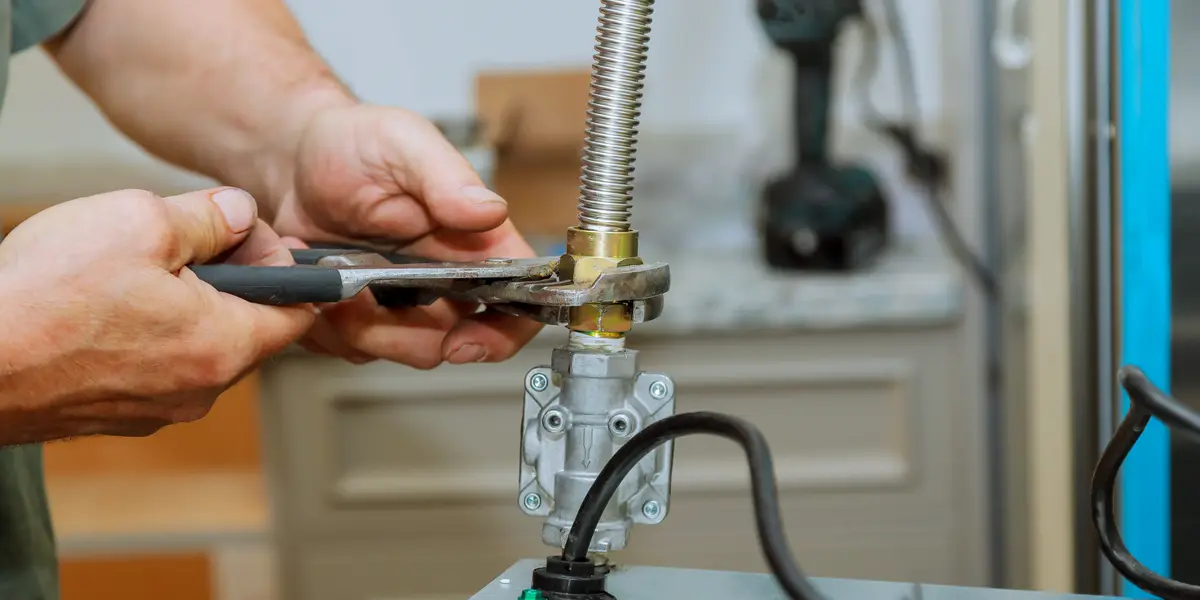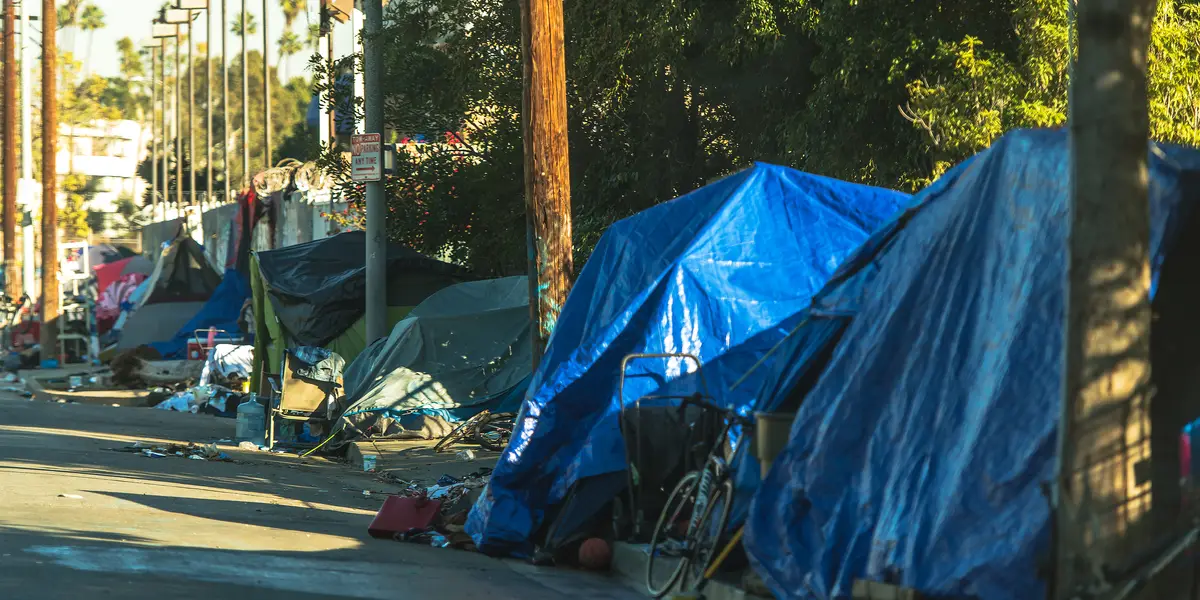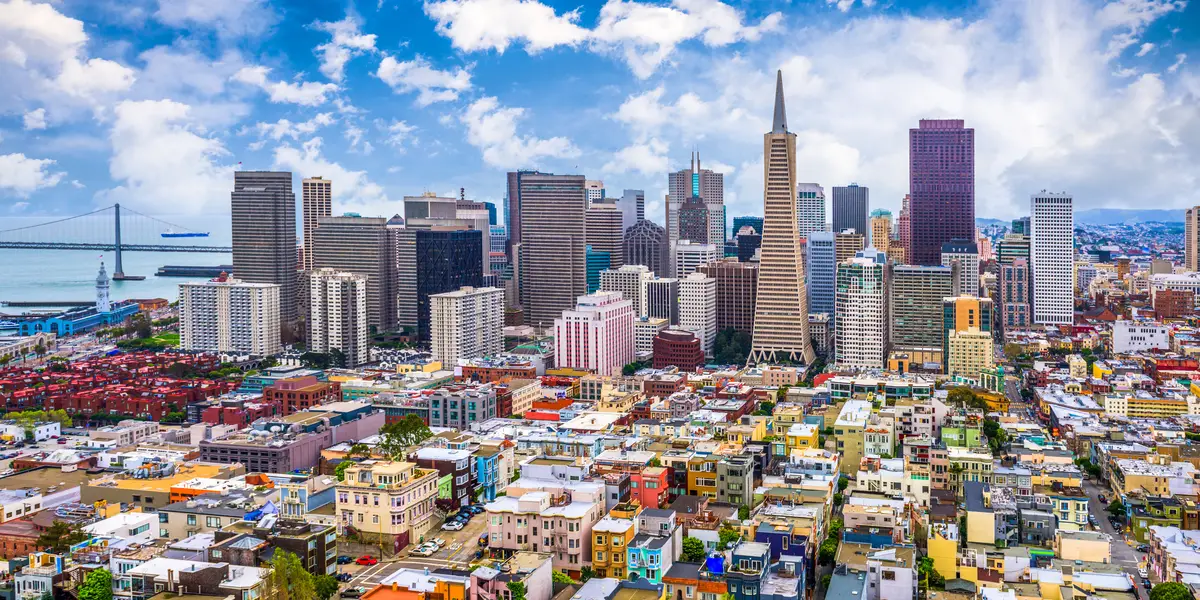With tens of billions of dollars heading New York’s way, thanks to the recently enacted federal Infrastructure Investment and Jobs Act, Hochul made a clear statement in her speech that underserved communities will no longer be ignored and the state will begin to address the damage done previously.
“Infrastructure is all about connections, and we need to reconnect neighborhoods that were severed by asphalt highways,” Hochul said.
That means finding a way to cover portions of the Cross-Bronx Expressway to re-connect neighborhoods divided when the road was constructed; or altering I-81 in Syracuse that severed communities in that city; or re-connecting or restoring neighborhoods dissected by Kensington Expressway in the governor’s native Buffalo.
Recognizing that mass transit is the lifeblood for many who live in urban areas and communities of color, the Governor is pushing to address a lack of access by proposing a new rail service she called the “Interborough Express” that would run along a 14-mile existing freight right-of-way from Bay Ridge, Brooklyn, to Jackson Heights, Queens. The new service could serve close to 1 million residents.
“The Interborough Express supports the State’s goals for greater transportation equity by providing new service where 71 percent of residents are minorities and 33 percent are below 1.5 times the federal poverty line,” Hochul wrote in her policy agenda book that accompanied her speech.
She directed the Metropolitan Transportation Authority to conduct an environmental review and determine whether heavy rail, light rail, or bus rapid transit would be the best option for the corridor. While the idea has been around for a long time, Hochul making it a priority along with the incoming federal infrastructure money could help it become a reality.
But it’s not just infrastructure. The Governor is focusing on a range of equity issues. In fact, the word “equity” appears 71 times in her 235-page agenda book. And while priority No. 1 is to get the state through the latest COVID crisis, her speech recognized it is equally important that New York recovers in a fair, and yes, equitable way.
“While we invest in the economy that keeps our state moving forward, we will also invest in the people that give New York its life,” Hochul wrote in her agenda book. “New York is the greatest state in the union because of the strength of its people. Just look at how New Yorkers responded to the COVID-19 pandemic: with strength, conviction, and compassion. We will reaffirm our commitment to an equitable society to ensure that everyone, regardless of their circumstance, not only has the tools they need to succeed, but knows where to find them. We say all the time that our state’s diversity is its greatest strength, so it is our responsibility to honor the multitudes of people who choose to call New York home by protecting their basic dignity.”
In addition to infrastructure improvements designed to address inequities, the Governor is proposing more affordable housing, better and more humane homeless services, and programs that connect inmates leaving prison to more job opportunities. She’s pushing for property tax rebates that will benefit low-income people most, more money for healthcare and childcare—including workers in both fields—, making state tuition assistance programs accessible to part-time students and prison inmates, and an environmental agenda designed to cut down on the use of fossil fuels that traditionally have harmed many communities of color and low-income areas.
Hochul also recognized the need ensure the state’s burgeoning cannabis industry promotes equity and economic justice so those hurt the most by the war on drugs can benefit moving forward. “In support of that goal, Governor Hochul will create a $200 million public-private fund to support social equity applicants as they plan for and build out their businesses. Licensing fees and tax revenue will seed the fund and leverage significant private investment. While New York has committed to making its cannabis industry more equitable, this action will put that commitment into practice,” her agenda book says.
As the legislative session takes hold, there will be battles over such issues as bail and criminal justice reforms and universal health care. And while those will be heavy lifts, particularly in an election year, the Governor’s speech made it clear there are a range of less controversial issues that can do much to uplift those communities long underserved or ignored. It will be important that before any new projects are announced, there is input received from the very people they’re intended to help.
The annual State of the State address is designed to outline a Governor’s vision. The Governor did that clearly on Wednesday. Hochul and lawmakers must now spend the upcoming budget process and the legislative session delivering on those promises.




